"France and England in North America, Part III: The Discovery of the Great West" by Francis Parkman is a historical account that recounts the exploration of what was once the early American West, spotlighting the role of European countries, primarily France, in lands that remained unknown. It brings forward contributions of key people, like Robert Cavelier de La Salle, and describes interactions with Native American tribes during the era of exploration. The narrative prepares the reader for detailing the adventures of explorers who journey into the Great West, emphasizing the obscurity of the history of this region before documented narratives. The narrative reveals La Salle's background, goals, connections with the Jesuits, and his challenges in exploration in search of new routes, a passage to the South Sea, and risks found in the wilderness and encounters with indigenous peoples. This narrative sets a tone for the adventures that happen next.

France and England in North America, Part III: The Discovery of the Great West (1870)
By Francis Parkman
Venture into the untamed American West, where explorers battled the wilderness, sought legendary passages, and encountered the mysteries of a new world.
Summary
About the AuthorFrancis Parkman Jr. was an American historian, best known as author of The Oregon Trail: Sketches of Prairie and Rocky-Mountain Life and his monumental seven-volume France and England in North America. These works are still valued as historical sources and as literature. He was also a leading horticulturist, briefly a professor of horticulture at Harvard University and author of several books on the topic. Parkman wrote essays opposed to legal voting for women that continued to circulate long after his death. Parkman was a trustee of the Boston Athenæum from 1858 until his death in 1893.
Francis Parkman Jr. was an American historian, best known as author of The Oregon Trail: Sketches of Prairie and Rocky-Mountain Life and his monumental seven-volume France and England in North America. These works are still valued as historical sources and as literature. He was also a leading horticulturist, briefly a professor of horticulture at Harvard University and author of several books on the topic. Parkman wrote essays opposed to legal voting for women that continued to circulate long after his death. Parkman was a trustee of the Boston Athenæum from 1858 until his death in 1893.

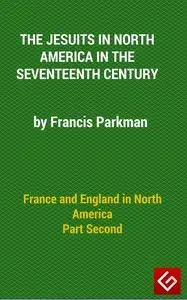

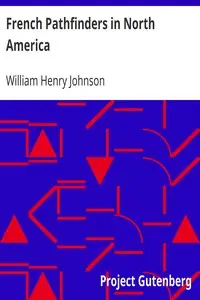
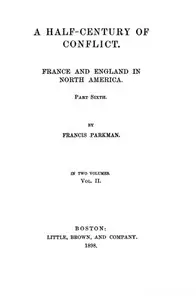

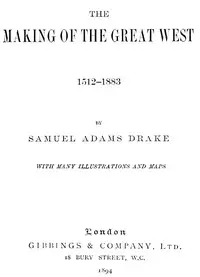




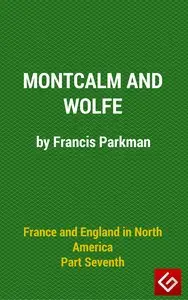
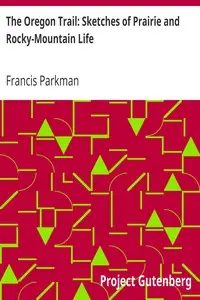

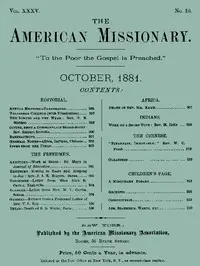
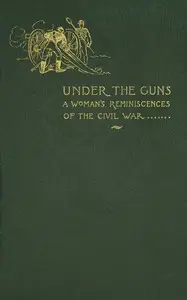
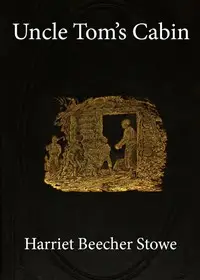
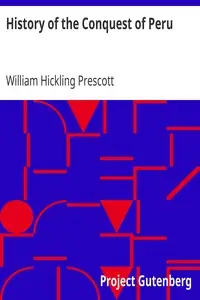
![The United Empire Loyalists: A Chronicle of the Great Migration [1920 ed.] by W. Stewart (William Stewart) Wallace](https://cdn.a2-host.cloud/fHxiBPvj_jzstF77tiY5qBMM1EzPcB5zDJtoXv2b4Vs/rs:fill:215:325:0/g:ce/aHR0cHM6Ly9zcC1hc3NldHMuczMudXMtd2VzdC0wMDQuYmFja2JsYXplYjIuY29tL2Jvb2svNjczNTYvVGhlX1VuaXRlZF9FbXBpcmVfTG95YWxpc3RzX0FfQ2hyb25pY2xlX29mX3RoZV9HcmVhdF9NaWdyYXRpb25fMTkyMF9lZF9jb3Zlci5qcGc.webp)
